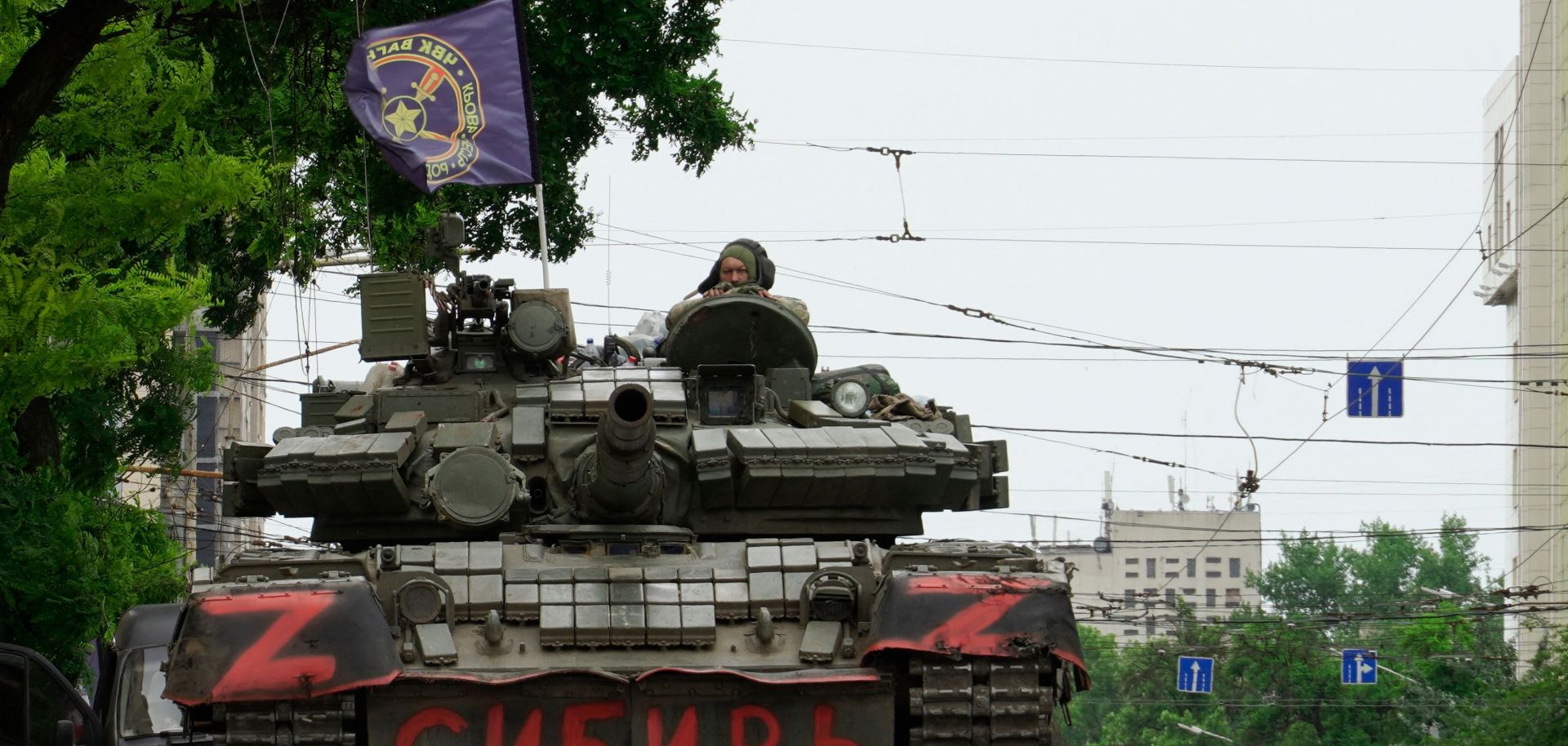The demise of Yevgeny Prigozhin, the leader of Russia's paramilitary Wagner Group, will reduce domestic criticism of the Kremlin's handling of the Russia-Ukraine war, but also open the door to additional internal repressions and personnel changes that could impact Russia's strategy in Ukraine in the long run. On June 24, a convoy of Wagner mercenary forces stopped their so-called march on Moscow roughly 300 kilometers (186 miles) from the Russian capital, after several hours of uncertainty about their ultimate goal. The group had begun its march on the Russia-Ukraine border late on June 23, as Wagner leader Prigozhin said the measure was meant to protest the Kremlin's mishandling of the war. Hours after Prigozhin gave the order for his mercenaries to advance on Moscow, Russian President Vladimir Putin gave a televised address in which he said that the fighters of the Wagner Group were being "dragged into a criminal adventure"...

